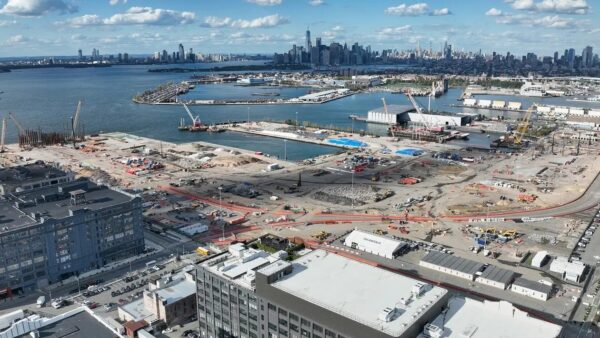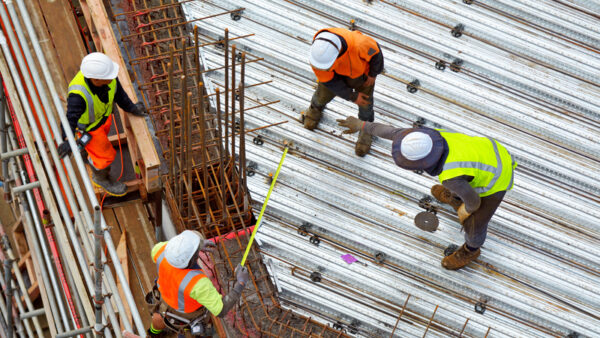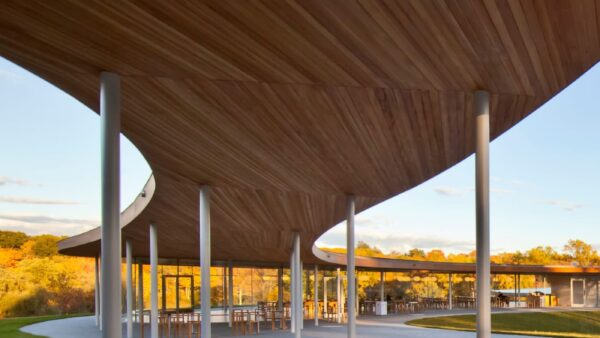
Research shows contractors in Saudi Arabia are claiming extensions worth nearly double the time first allotted to a project, but there are signs of a more enlightened approach gaining traction.
As Saudi Arabia embarks on an ambitious new phase of development, the eyes of international contractors and investors are on the Kingdom. One concern must be its track record of mega-project overruns, claims and disputes.
Over the last four years, we’ve seen incremental increases in the number and the value of disputes across all sectors. The trend has been most marked in infrastructure, reflecting heavy investment in rail and airports. As these mega-projects come to completion, disputes multiply when settlement rates are slow.
A large number of claims have also come to fruition in recent years on legacy building projects stretching back over a decade. Locked in local processes, these claims have now become active as government agencies take a more proactive approach to resolving disputes.
As the Vision 2023 programme continues to take shape and reforms make it easier to do business in the Kingdom, this should encourage foreign investors and international firms, but also local big contractors who’ve had a very tough few years.
Double the time
The case for change is clear. Construction and engineering projects in the Middle East are subject to more delay than in most other regions.
Our integrated research programme, CRUX, shows that contractors across the Middle East sought extensions of time averaging 81.6% of planned project schedules.
The Saudi average was 98.8%, meaning the extra time sought nearly doubled the time originally specified.
Claimed costs in Saudi Arabia typically amounted to 29.8% of original contract values, lower than the 37.4% average elsewhere in the Middle East.
There are clearly legacy challenges in the Kingdom, and now also recognition that things need to change.
Creeping scope
CRUX confirms that change in scope is the single most common cause of claims and disputes globally, but it affects more Saudi projects (54%).
Closely entwined with scope creep, late design information also ranks highly, afflicting more than one in three projects (34.5%).
Immense pressure on tendering and design teams curtails due diligence. By insisting contracts are awarded and contractors start on site when designs are immature, clients are rushing to fail.
Employers have begun investing more upfront to pre-empt these interlinked problems.
Early contractor involvement is an important behavioural change that we are seeing on certain giga-projects. Working hand-in-glove with the employer’s team and designers, contractors stress-test designs for buildability. Changes in scope can also be managed more effectively.
Grown-up approach to risk
Two other factors differentiate Saudi projects from their regional and global counterparts: late or restricted access to sites or workfaces, and issues over cashflow and payment.
On large infrastructure projects, delays in completing the expropriation of land affect access. Multiple stakeholders and utility permits increase interface risks on brownfield developments and industrial projects. Further work is needed to streamline these essential bureaucratic processes, which contractors must navigate to obtain approvals.
Cashflow and payment problems have historically triggered many disputes. But again, we are seeing improvements – across the public sector as well as PIF-related entities. Modernised and centralised processes controlling approvals and payments allow more timely release of funds.
Disputes can also be avoided through better contract administration. Our advice to employers and contractors is to ensure in-house and external counsel oversee the often ad hoc amendments made by under-qualified project teams.
Traditionally adversarial approaches to contract administration must also change if the emerging trend toward collaboration is to become mainstream.
The acid test is risk sharing. Project delivery teams have seen that passing all or most risk onto contractors fuels disputes and sub-optimal outcomes. Owners have begun sharing risks, held by the party that can best manage them.
A philosophical change, this is also a pragmatic response to market forces that should cut the toll of disputes on capital projects.
- Haroon Niazi is a partner at HKA and head of construction claims and expert services for EMEA
Comments
Comments are closed.







Please correct vision 2023 to 2030.